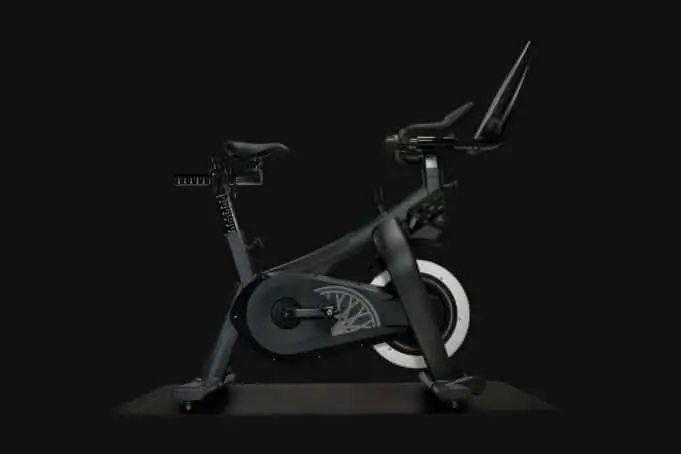As the pandemic eases, people are returning to offices, restaurants, stores, and gyms.
The latter could be of some concern to a company that benefitted in a big way from the lockdowns that forced us to stay at home.
Peloton saw its business boom during most of 2020 and into 2021 thanks in part to COVID-19 and the accompanying restrictions required to protect ourselves from the virus.
For many that meant finding an alternative to working out. At home gyms became all the buzz. And companies such as Peloton, Echelon, NordicTrack were more than happy to supply fitness equipment such as spin bikes, treadmills, and just about any kind of machine that could replicate the at-gym experience for your home.
One Peloton competitor that was slow to the shift to subscription models and the WFH mania was SoulCycle. Its bike was late to market, enabling chief rival Peloton to get a significant head start.
But now that things are opening up, with gyms and fitness studios once again welcoming in-person members, the dynamic is shifting once again.
In an interview with Yahoo Finance Live, SoulCycle CEO Evelyn Webster said that people were returning “in droves.”
Per the Yahoo article recapping the SoulCycle interview segment:
“The brilliant thing about SoulCycle is [that] the community is our superpower,” Webster said. “So [riders] have really missed being with each other. So fortunately, as we’ve been opening up studio after studio, we’ve been celebrating and welcoming our riders back with us. And thank goodness, they are coming back in droves which has been great.”
Of course we would expect the CEO to be upbeat — and Webster took over the top job just about six months ago — as it’s partly their responsibility as part of any decent PR campaign.
However, it will be interesting to see how things shake out.
On one extreme you have the pure play in-person gym or fitness studio experience. Here, people assemble and enjoy not only the availability of machines and rooms and various workout gear, but also the social element — enhanced by classes and high energy instructors.
On the opposite extreme you have the at-home Peloton-like model. Members subscribe. And access classes through a tablet, a bike, or treadmill, or similar device. All social interaction is virtual, a la Zoom.
Obviously, in reality, post-pandemic we’ll land somewhere in between the in-person and virtual model. I wonder to what degree? Will it ultimately favor one or the other, or will the market sort of split itself in half?
In any case, SoulCycle does have a sneaky trick up its sleeve. Well, maybe not that sneaky. Unlike Peloton who only has a few live studios (most famously, its HQ location in New York City), SoulCycle has workout studios located across the country. Those have proven to be incredibly popular, and breed intense loyalty to the brand. Coupled with its new at-home bike (powered by the Equinox+ platform) and you can see a powerful hybrid strategy here unfold. SoulCycle could potentially offer a unified membership that combines in-person access to studios plus its at-home content.

Peloton could counter by potentially expanding its in-person studio network. But it seems to me at least that CEO John Foley is more interested in going after corporate and travel fitness segments — getting Peloton Bikes into those sorts of locations people frequent when not at home. My suspicion is that this is a higher margin business. Further, it eliminates real estate risks.
So Peloton faces yet another hurdle: the fitness studio comeback.
It’s shown it can adapt quickly before. This next chapter in the evolving home fitness vs. fitness studio war for market share should make for interesting armchair quarterbacking and analysis.


